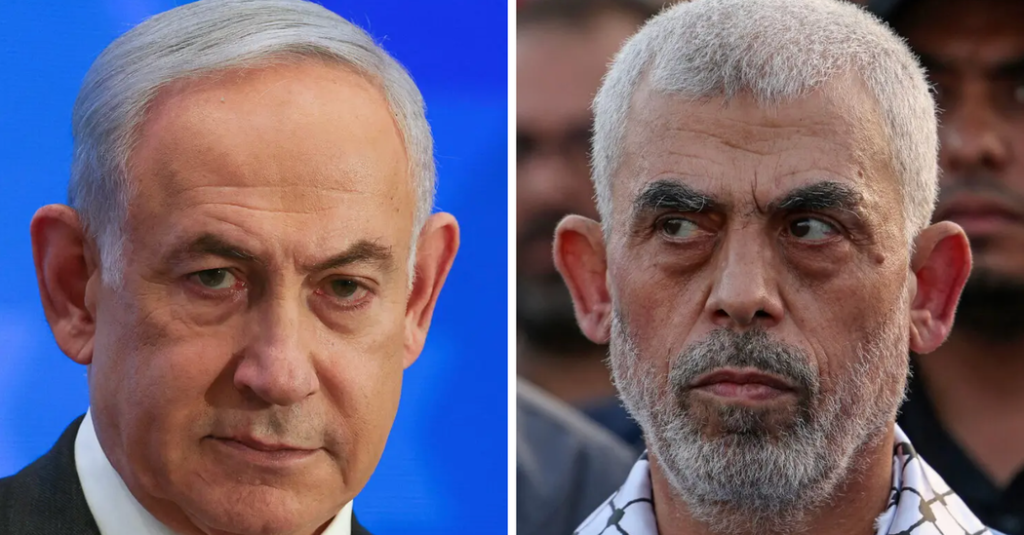The chief prosecutor at the International Criminal Court (ICC) announced that he was seeking arrest warrants for the leaders of Israel and Hamas for crimes against humanity. This decision came after investigating the actions of both parties during the conflict in Gaza. The prosecutor requested warrants for Hamas leaders Yahya Sinwar, Muhammad Deif, and Ismail Haniyeh, as well as for Israeli Prime Minister Benjamin Netanyahu and Defense Minister Yoav Gallant. This move was seen as a strong rebuke of Israel’s conduct in Gaza and raised questions about the application of international law in the conflict.
While Israel does not recognize the jurisdiction of the ICC and Israeli leaders would not face arrest at home, they could be detained if they travel to a member nation of the court. The decision to pursue both Israeli and Palestinian leaders was met with criticism from both sides, who questioned why their allies had been targeted instead of their enemies alone. President Biden condemned the move, stating that there was no equivalence between Israel and Hamas, despite the prosecutor’s actions.
The requests for arrest warrants were based on evidence gathered through interviews, documentary evidence, and field visits by the prosecutor and his team. The prosecutor accused Hamas leaders of war crimes and crimes against humanity for actions during the conflict, including killing civilians and capturing hostages. He also alleged that Israeli leaders were responsible for using starvation as a weapon of war and intentionally targeting civilian populations. The prosecutor criticized Israel’s judicial system and said that the ICC needed to act when national authorities fail to hold suspects accountable.
The decision to target both Israeli politicians and Hamas leaders at the same time raised questions about the impartiality of the court and the importance of applying the law equally to all sides in a conflict. While relatives of Israeli hostages praised the push to hold Hamas leaders accountable, they criticized the decision to equate Israeli leaders with terrorists. Palestinians in Gaza questioned why Palestinian leaders had been targeted instead of just Israelis, highlighting the complex nature of the conflict and the difficulties of pursuing justice in such a polarizing situation.
The ICC cannot try defendants in absentia but can make international travel difficult for those named in arrest warrants. The court relies on its members to make arrests, and suspects are typically transferred to The Hague for trial. The conflict in Gaza has led to a hunger crisis, exacerbated by Israel’s near-complete siege of the territory and restrictions on aid deliveries. The prosecutor cited these restrictions as justification for issuing arrest warrants for Israeli leaders, accusing them of a systematic attack against the Palestinian civilian population. Despite the challenges of prosecuting individuals involved in the conflict, the ICC’s actions are seen as a step towards accountability and justice in the region.








